I am working with sockets and I don't have access to the TCP library. It seems that when the clients disconnects, it deletes the memory of the object but it doesn't make it NULL. How would I be able to check for that?
Client != NULL => true
Currently I have the following, which crashes:
